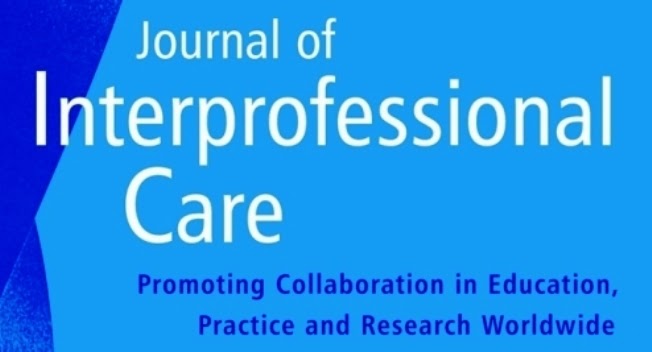Research is central to developing knowledge on the effects and effectiveness of interprofessional teamwork. Research though demands a critical stance – one that has as a starting point the possibility that different teamwork approaches are needed, depending on local needs; and accepts that teamwork interventions may have a range of outcomes (e.g. success, no effect, failure). All teamwork programmes should therefore be studies. Given the complex array of factors shaping interprofessional teamwork, studying its processes, outcomes and impacts is difficult. This is no reason, however, to abandon the attempt to improve teamwork in health and social care through informative, critical and empirical evaluation.
(Scott Reeves, Editor-in-Chief)
To read more see: Reeves S, Zwarenstein M, Espin S, Lewin S (2010) Interprofessional Teamwork for Health and Social Care. Blackwell-Wiley, London.




